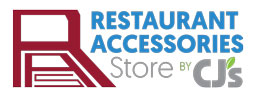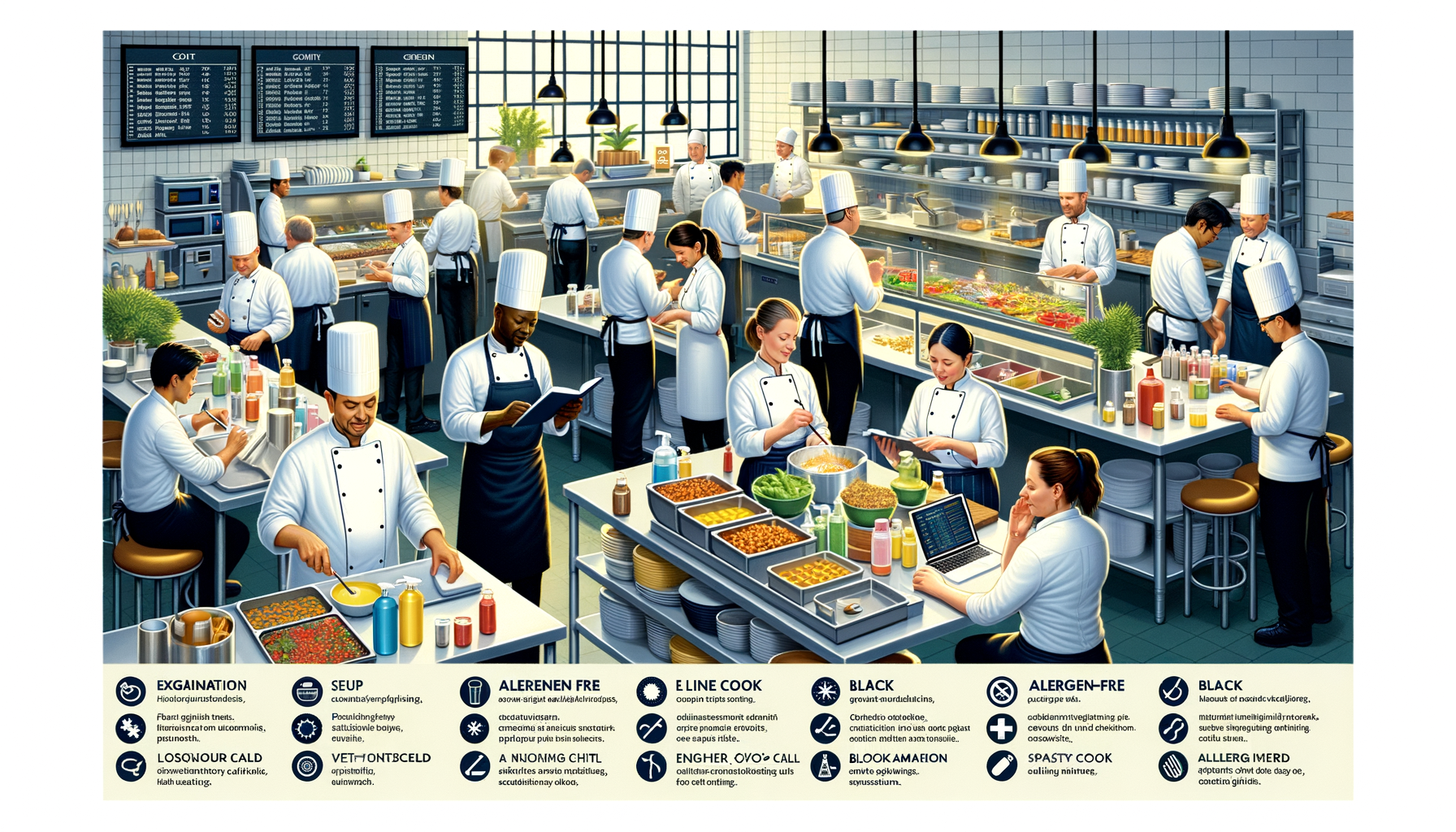Best Practices for Allergen Management in Restaurants
In today’s culinary landscape, effective allergen management is crucial for restaurant owners and managers to ensure the safety and satisfaction of their customers. By implementing comprehensive allergen management practices, restaurants can protect their patrons from potentially life-threatening allergic reactions while also fulfilling their legal and ethical responsibilities. This blog post will explore the best practices for allergen management in restaurants, helping you create a safer dining experience for all.
Understanding Food Allergens
What are Food Allergens?
Food allergens are specific proteins found in certain foods that can trigger an immune system response in sensitive individuals. Common food allergens include peanuts, tree nuts, dairy, eggs, soy, wheat, fish, and shellfish. These allergens can cause a range of symptoms, from mild discomfort to severe anaphylactic reactions that require immediate medical attention.
Impact of Food Allergens on Health
Allergic reactions to food can manifest in various ways, such as skin rashes, itching, swelling, digestive issues, and respiratory problems. In severe cases, anaphylaxis can occur, leading to difficulty breathing, a drop in blood pressure, and even loss of consciousness. The severity of allergic reactions underscores the importance of implementing stringent allergen management practices in restaurants.
Best Practices for Allergen Management
Creating Dedicated Production Areas
One essential aspect of allergen management is the establishment of dedicated and segregated areas for allergen-free food preparation. By designating specific workstations, equipment, and utensils for allergen-free meals, restaurants can significantly reduce the risk of cross-contamination. For example, a restaurant might invest in color-coded cutting boards and knives specifically for allergen-free prep, ensuring that these tools are never used for foods containing common allergens.
To further enhance allergen management, consider utilizing specialized cleaning chemicals designed to effectively remove allergen residue from surfaces and equipment. These products, available at Restaurant Accessories Store by CJ’s, can provide an added layer of protection against cross-contamination.
Staff Training
Educating your staff about food allergies is a critical component of effective allergen management. Regular training sessions should cover topics such as identifying common allergens, understanding the severity of allergic reactions, and implementing proper food handling techniques to prevent cross-contamination. Staff members should also be well-versed in the restaurant’s emergency procedures for handling allergy incidents, ensuring a swift and appropriate response when necessary.
Effective Cleaning Protocols
Developing and adhering to comprehensive sanitation standard operating procedures (SSOPs) is essential for maintaining an allergen-safe environment. These protocols should outline the specific steps for cleaning and sanitizing equipment, surfaces, and utensils after contact with allergens. Investing in high-quality commercial pressure washers from Restaurant Accessories Store by CJ’s can help ensure thorough cleaning and minimize the risk of allergen residue.
Utilizing Technology for Enhanced Allergen Management
Implementing Digital Menus
Digital menus offer a convenient and effective way to communicate allergen information to customers. By providing detailed ingredient lists and allergen warnings on digital platforms, restaurants can empower diners to make informed choices about their meals. Digital menus can also be easily updated to reflect changes in ingredients or preparation methods, ensuring that customers always have access to the most accurate allergen information.
Allergen Management Software
Specialized allergen management software can streamline the process of tracking and managing allergens in your restaurant. These tools allow you to create detailed ingredient lists, flag potential allergens, and generate customized allergen reports. By leveraging technology, restaurants can minimize the risk of human error and ensure consistent allergen management across all aspects of their operations.
In conclusion, implementing best practices for allergen management is a critical responsibility for restaurant owners and managers. By creating dedicated production areas, investing in staff training, establishing effective cleaning protocols, and leveraging technology, restaurants can significantly reduce the risk of allergen cross-contamination and provide a safer dining experience for all customers.
To support your allergen management efforts, visit Restaurant Accessories Store by CJ’s for a wide range of cleaning supplies, equipment, and solutions tailored to the unique needs of the restaurant industry. With the right tools and practices in place, you can confidently serve your customers while prioritizing their safety and well-being.

